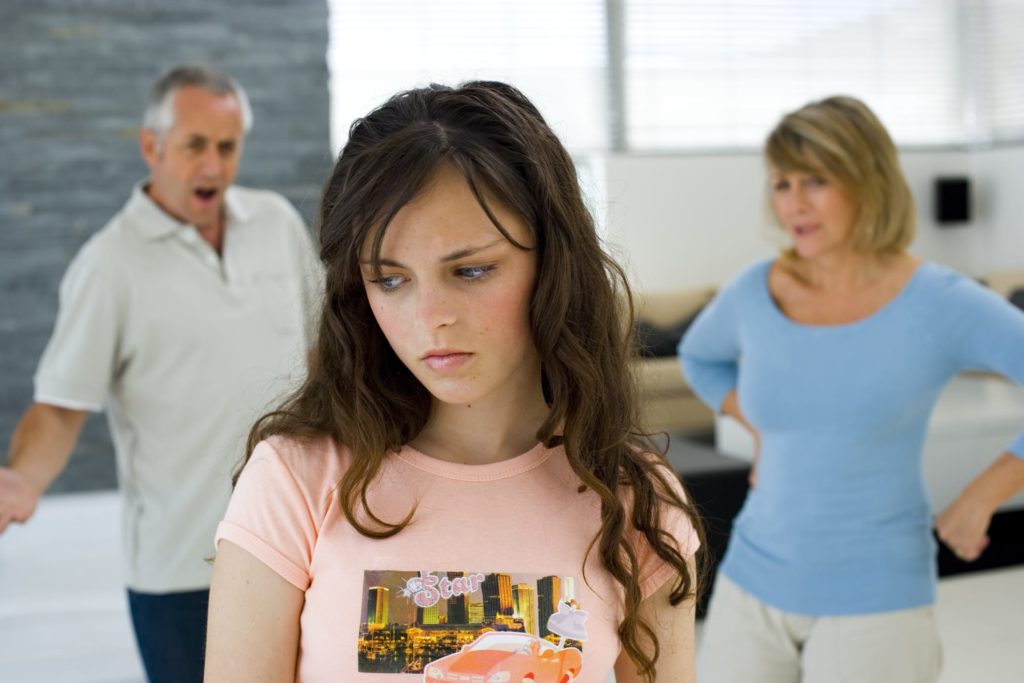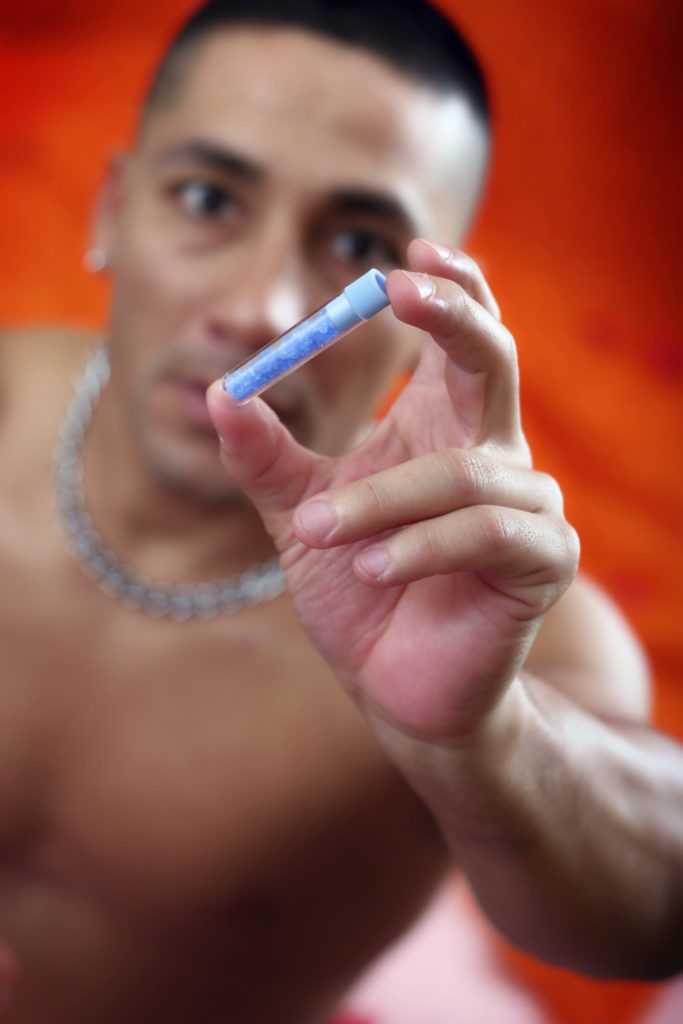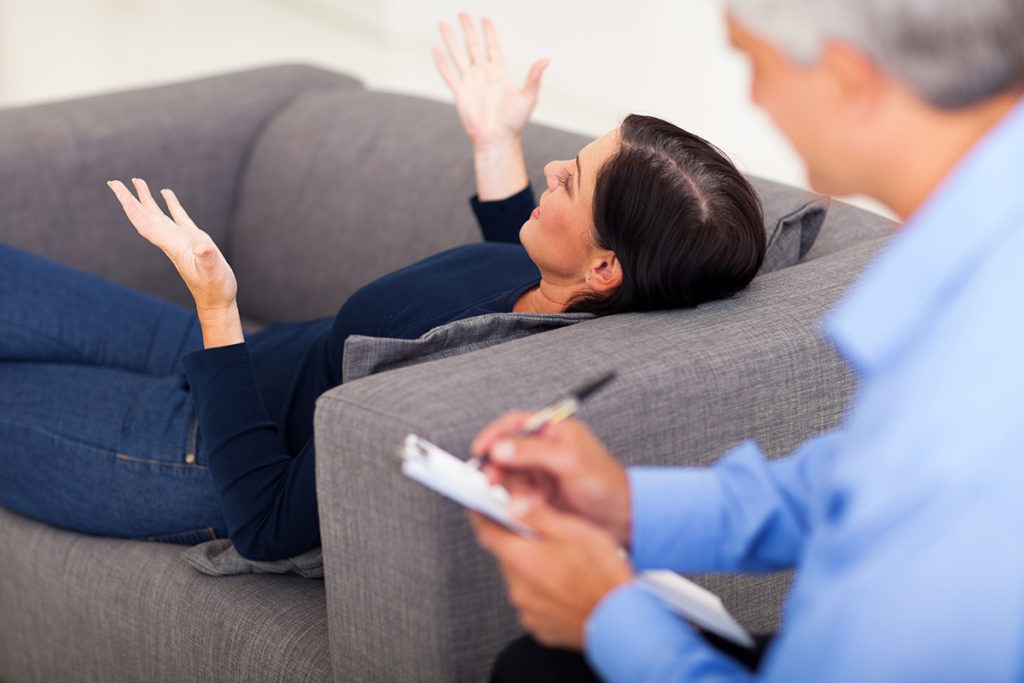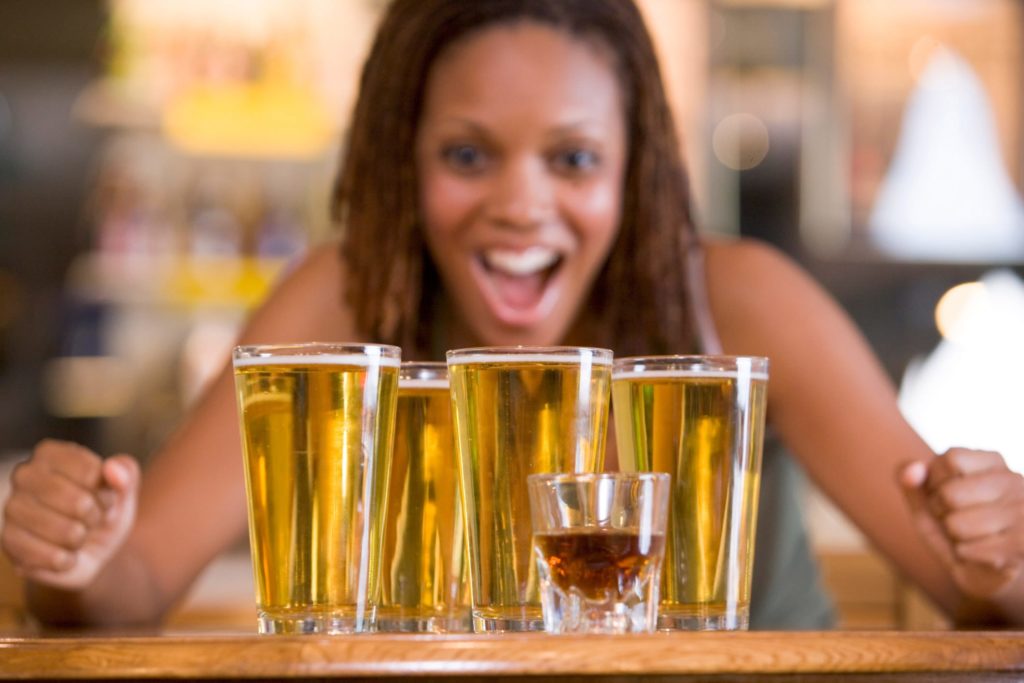Can you drink with post-concussion syndrome? If you have suffered a concussion, it is important to take the time to recover and allow your brain to heal. Rest is essential during this period, which means avoiding any activities that may impede the process, including drinking alcohol. It is important to understand how alcohol can affect the healing process and potentially worsen symptoms of post-concussion syndrome. If you cannot stop drinking after a concussion, that may be a sign of alcohol dependence, and you should seek help from a healthcare professional.
To learn about The Right Step’s alcohol addiction treatment, contact us at 17135283709 today. It is common for individuals to turn to alcohol as a coping mechanism during difficult times, such as recovery from a concussion. However, this can be counterproductive and potentially hinder the healing process. Alcohol consumption may prolong symptoms of post-concussion syndrome, such as headaches, dizziness, and difficulty concentrating.
What Is Post-Concussion Syndrome?
Post-concussion syndrome (PCS) is a collection of symptoms that occur after an individual has sustained a concussion. These symptoms may include:
- Dizziness
- Headaches
- Difficulty concentrating
- Memory problems
PCS can persist for weeks or months after the initial injury, making it difficult for individuals to resume their normal daily activities.
Can You Drink With Post-Concussion Syndrome?
Can you drink with post-concussion syndrome? Alcohol consumption should be avoided when recovering from a concussion, including post-concussion syndrome. Alcohol can increase the severity of symptoms, delay the healing process, and cause additional damage to the brain. After sustaining a concussion, your brain is in a fragile state and needs time to repair itself. Consuming alcohol can interfere with this process by increasing blood flow to the injured area and potentially causing further damage. Additionally, alcohol is known to cause dehydration which can exacerbate symptoms such as headaches and dizziness that are common with PCS.
Dangers of Post-Concussion Syndrome and Alcohol
Drinking alcohol while recovering from a concussion can also increase the risk of further injury. Alcohol can impair judgment and coordination, making it more likely for an individual to experience another head injury. This can lead to additional damage to the brain and make recovery more difficult. This damage can also have long-term effects and may increase the risk of developing a chronic brain disorder. Additionally, individuals who continue to drink alcohol after experiencing a concussion may be at a higher risk for repeat concussions.
Signs You Need Alcohol Addiction Treatment
If you find that you are struggling with alcohol addiction, seeking treatment can be life-changing. Signs that you may need alcohol addiction treatment include:
- Drinking alone or in secret
- Drinking to cope with stress or emotions
- Drinking more than intended
- Failing to meet responsibilities or obligations due to drinking
- Continuing to drink despite negative consequences
The Right Step is a treatment center that offers comprehensive alcohol addiction treatment programs. Our experienced medical professionals, clinicians, and therapists use evidence-based practices to provide compassionate care and support throughout each patient’s journey to sobriety.
Put your health and recovery first by seeking help for alcohol addiction. Recovery is possible, and we are here to help you every step of the way. When it comes to recovering from a concussion, rest and avoiding alcohol are key components.
Call The Right Step Now
If you or someone you know is struggling with post-concussion syndrome or alcohol addiction, The Right Step can help. Our individualized treatment plans are designed to address each patient’s unique needs and provide a comprehensive approach to recovery.
Don’t wait to seek help. Call The Right Step today to start your journey to sobriety. Remember, rest is crucial for the brain to heal, so avoid drinking alcohol during the recovery process. Contact us at 17135283709 as soon as possible.






